Product Testing and Certification
International Approvals
A large number of countries around the world still have mandatory national certification requirements. This means that the products must be approved in the respective countries before they can be imported and put on the market.
The rapid changes resulting from globalisation and competition present technical barriers and a serious problem for the industry. Problems arise due to time to market, reduced life cycle of products, and the need to reduce costs.
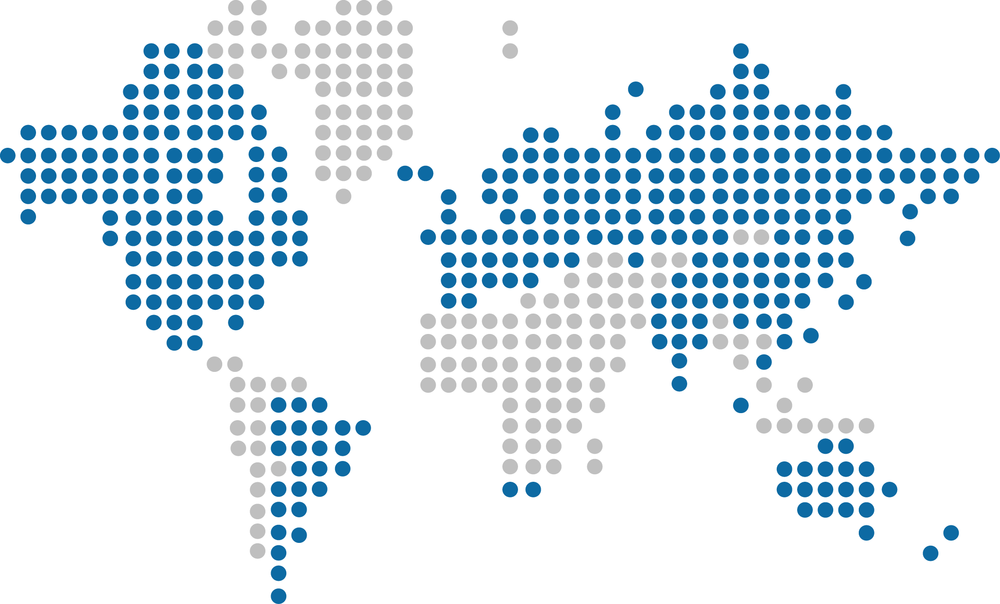
Contact us
SIQ Ljubljana
Safety and Electromagnetics
Mašera-Spasićeva ulica 10
SI-1000 Ljubljana
Technical information
- Voltage and frequency: 220 V, 50 Hz
- Plug: C (Class I – IRAM 2073), I (Class II – IRAM 2063)
- Voltage and frequency: 220 V, 50 Hz
IRAM (Instituto Argentino de Normalización y certificación) is the national certification body for Argentina, established in 1935. The mutual agreement, which SIQ has signed with IRAM simplifies the certification process and allows applicants to obtain their IRAM certificates faster.
Regulations
Mandatory certification is required for most electric and electronic appliances. According to the resolution all electric and electronic products operating up to 1000 V AC or 1500 V DC, with power consumption rated up to 5 KVA, and installations materials rated up to 63 A, require to be safety certified.
The exemptions are following electrical and electronic equipment designed for use below 50V with an autonomous power source (batteries) for which the certification is mandatory:
- Luminaries and luminary supply systems powered by sources connected to mains;
- Diachronic lamps and their lamp holders;
- Hand-held power tools battery operated;
- Electric fences;
- Electric muscle stimulators used for fitness activities.
Type of Approvals and Markings
- IRAM Safety Mark
- IRAM Mark of Conformity with manufacturing
- IRAM Mark of Conformity with IRAM standard
- Type Certification
- Lot Certification
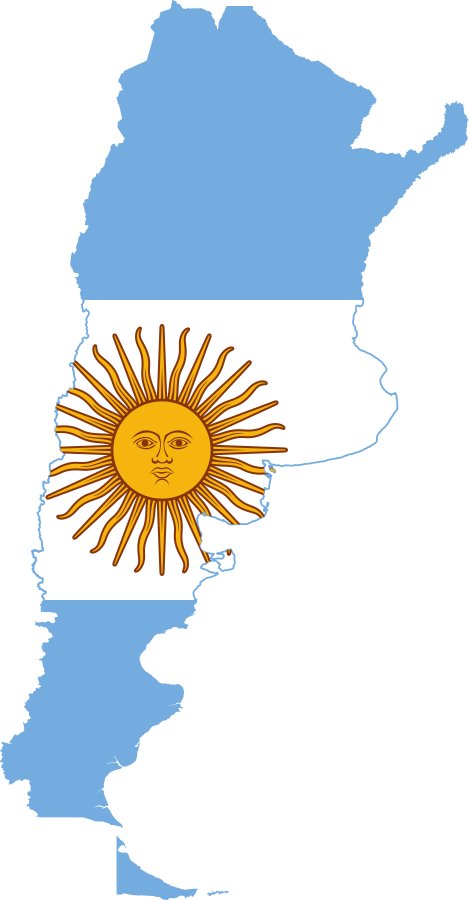
Technical information
- Voltage and frequency: 230 V, 50 Hz
- Plug: I (Class I – AS/NZS 3112)
The Electrical Regulatory Authorities Council (ERAC) is an organisation made up of representatives of the regulatory authorities responsible for electrical safety, supply and energy efficiency in New Zealand and the Australian states, territories and commonwealth. The authority which regulates the communications industry and ensures that products meet requirements, which are connected to the telecommunications, radiocommunications, EMC and EME is ACMA (Australian Communications and Media Authority).
Regulations
In the scope of mandatory safety approval requirements for electrical products is low voltage electrical equipment within the following voltage limits:
- Greater than 50 V AC RMS or 120 V ripple-free DC (extra-low voltage) and
- Less than 1000 V AC RMS or 1500 V ripple-free DC (high voltage).
Manufacturers in Australia, importers, or their authorised agents who are responsible for supplying electrical and electronic devices or equipment must also ensure compliance according to ACMA requirements, and therefore a Declaration of compliance is mandatory for the products connected with EMC and RF standards and telecommunication networks as well.
Type of Approvals and Markings
- Regulatory Compliance Mark (RCM)
SIQ Services
SIQ cooperates with ERAC members Energy Safe Victoria and Queensland government at obtaining safety approvals for the Australian and New Zealand market.
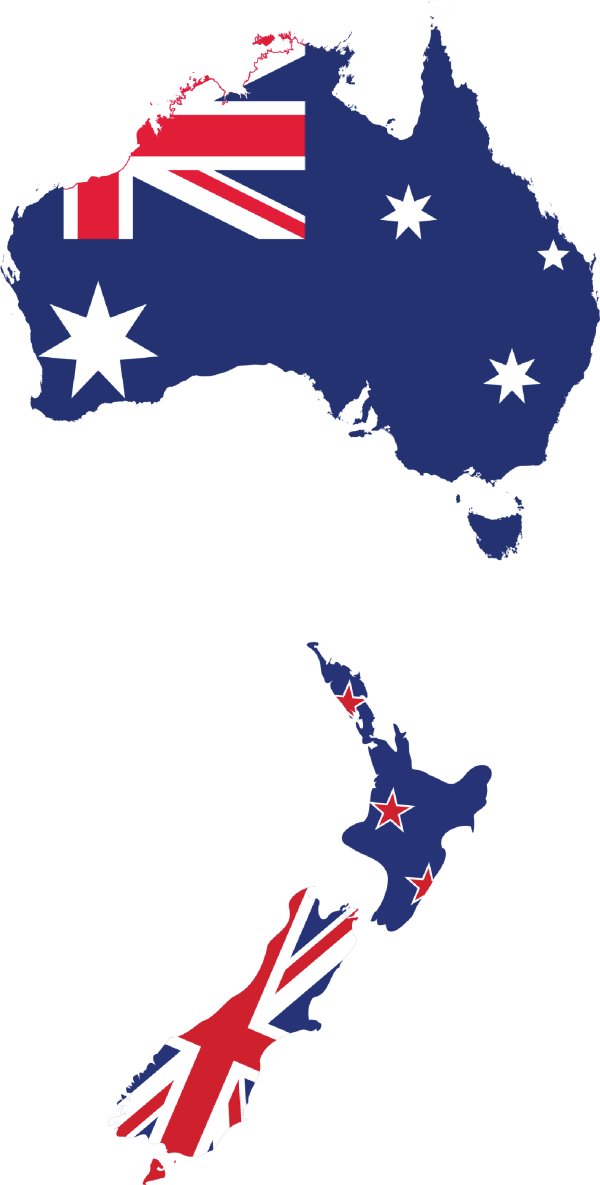
Technical information
- Voltage and frequency: 127 V or 220 V, 60 Hz
- Plug: C (Class I), N (Class I), ABNT NBR 14136
Regulatory and accreditation body National Institute of Metrology, Quality and Technology (INMETRO) is a governmental agency responsible for the implementation of measures and for all certification processes in Brazil.
Regulations
In 2011 the INMETRO Decree 371 was adopted in Brazil, which increased the certification standard for particular electrical and electronic household appliances to protect consumers and improve manufacturing and the INMETRO mark was made.
Mandatory certification list includes:
- Electro-medical equipment;
- Hazardous location equipment;
- Electrical cords, cables and plugs;
- Protective devices, such as circuit breakers;
- Limited scope of household equipment (table fans, electric stoves and ovens, microwave ovens, tumble driers and centrifuges, dishwashers, wine cellars, commercial freezers and preservers, accumulation hybrid heaters, heat pumps, whirlpools, etc.);
- Ballasts;
- Equipment for gas systems;
- Switches, wall sockets and plugs.
Type of Approvals and Markings
- NCC INMETRO Mark
SIQ Services
The mutual agreement, which SIQ has signed with NCC simplifies the certification process and allows applicants to obtain NCC INMETRO approvals faster.
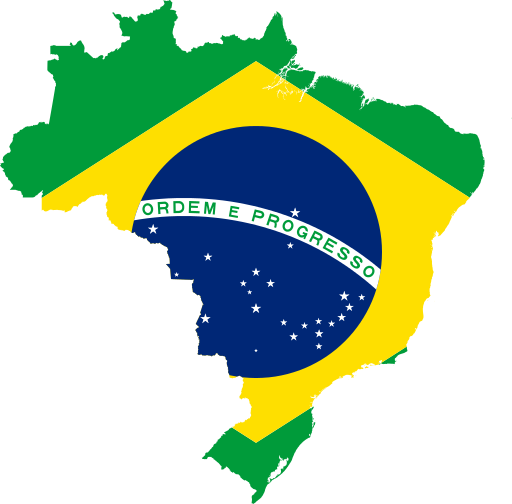
Technical information
- Voltage and frequency: 120 V, 60 Hz
- Plug: A (Class II), B (Class I)
The authority in the USA, that regulates the use of electrical equipment in the workplace, is the Occupational Safety and Health Administration (OSHA) which requires that a Nationally Recognised Testing Laboratory (NRTL) certifies the product in line with the appropriate national standard. The Standards Council of Canada (SCC) has adopted many of the standards allowing manufacturers to demonstrate compliance for both markets by using a single mark.
The body which regulates communication industry in USA is the Federal Communications Commission (FCC).
Canada has a similar regulating body called Industry Canada (IC).
Regulations
According to the National Electrical Code NFPA 70 electrical products for the US and Canadian market require mandatory safety approval. Most of the Electrical products require to have a NRTL Certificate of Compliance issued according to relevant US and Canadian standards, before they can be sold and imported to the USA or Canada.
All equipment liable to cause radio frequency interference is subject to the requirements of the FCC and IC. The two most common FCC Certification requirements are FCC Part 15 and Part 18. Part 15 covers devices, including digital devices, which use radiofrequency energy and may be intentional or unintentional radiators. Part 18 covers industrial, scientific and medical equipment which emits radio frequency energy.
Type of Approvals and Markings
- Safety Certificate of Compliance
- cULus, cMETus, cCSus
- FCC Mark
- FCC
SIQ Services
SIQ cooperates with UL, Curtis Strauss and MET laboratories at obtaining safety NRTL CoCs approvals. SIQ is a FCC accredited laboratory and can perform testing according to the following FCC Rules: FCC Part 15 and FCC Part 18.
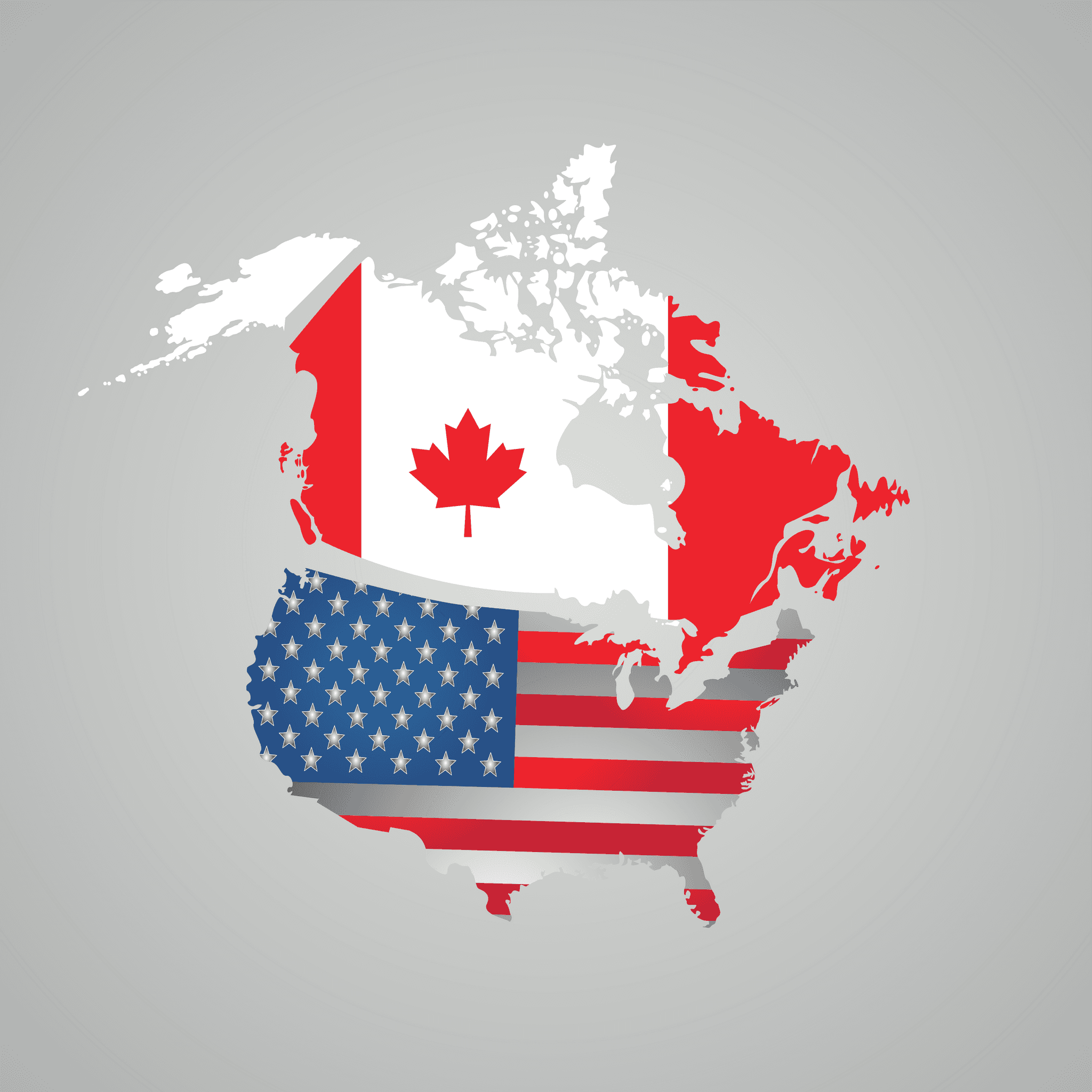
Technical information
- Voltage and frequency: 220 V, 50 Hz
- Plug: A (Class II), C (Class II), I (Class I), GB 1002, GB 1003
Products entering the country are held at customs and required to be certified by national certification bodies, like CQC, CEMC or similar, according to the applicable Chinese national (GB) and industrial standards.
Regulations
Products listed in the catalogue of CNCA are not allowed to be manufactured, imported and sold without certificate issued by the authorised third-party certification body or without certification mark according to the regulation. These safety standards applied to electrical and electronic standards are usually adaptations of IEC standards with some Chinese deviations.
CNCA Implementation rules for compulsory certification of electrical and electronic products describe the certification process, requirements for certification including factory quality assurance ability requirements and the use of a compulsory certification mark. A CB test report is acceptable for safety concerns, but EMC must be tested in a Chinese accredited laboratory.
Type of Approvals and Markings
- China Compulsory Certificate (CCC)
SIQ Services
SIQ cooperates with different agencies around the world in order to help customers obtain the required CCC approvals for the Chinese market.
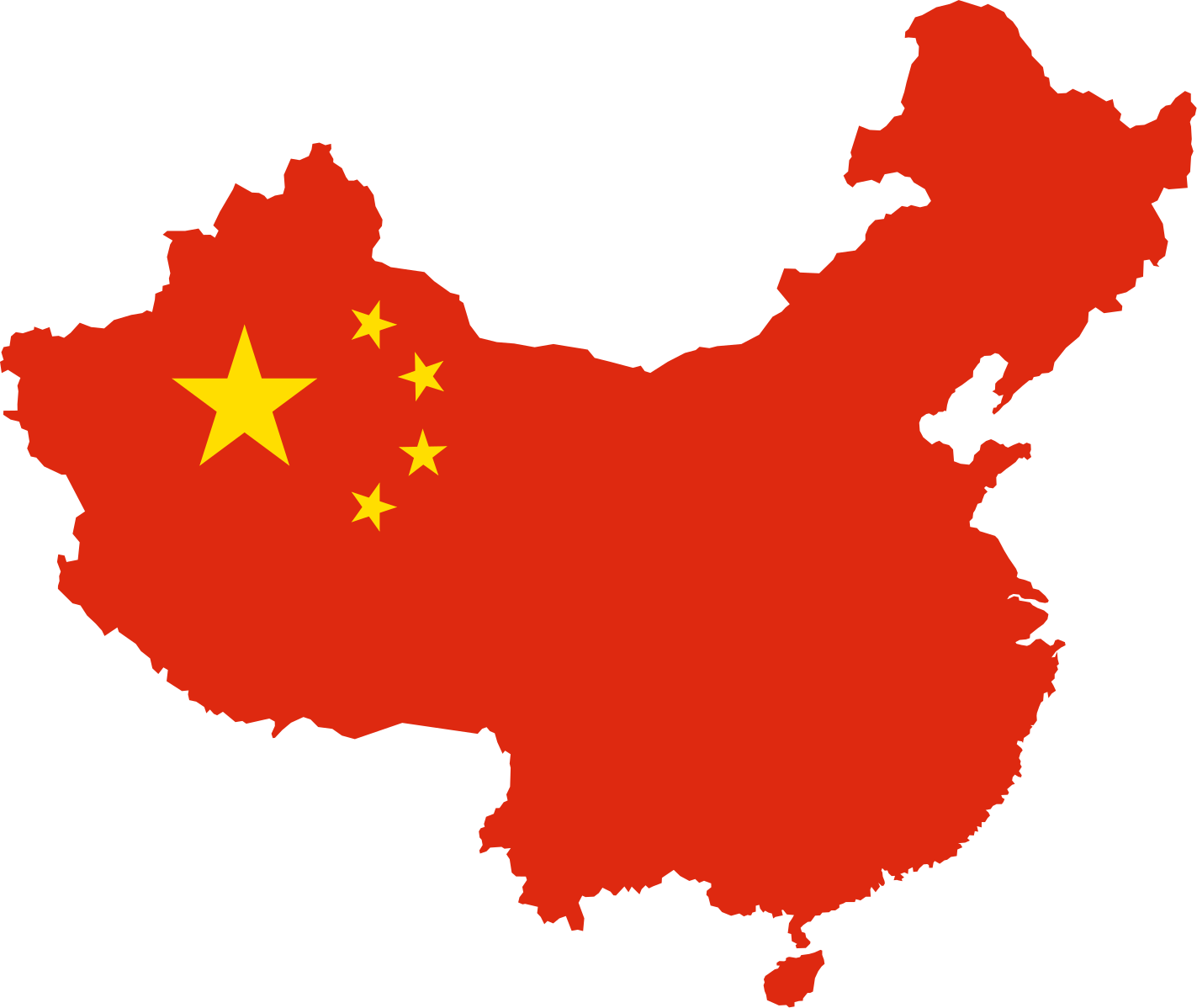
Technical information
- Voltage and frequency: 220 V, 50 Hz
- plug: C (Class II), F (Class I)
The Customs Union of Russia, Belarus and Kazakhstan was founded in 2010 and it is managed by the regulatory bodies of the Eurasian Economic Community (EurAsEC).
Regulations
The Customs Union certificate only confirms that the safety and EMC requirements are met and allows importers to put their goods on the Customs Union market, but it cannot be used instead of telecom, hygiene and all other type of obligatory or voluntary approvals or licenses. The products which fall under the scope of new CU TR (Technical Regulations) need to obtain a CU declaration or certification (depending on the product), before they can be put on the markets in Russian, Belarus or Kazakhstan territory. A CU declaration/certification is required for most electric and electronic appliances operating up to 1000 V AC or 1500 V DC, as well as for any electrical and electronic equipment which can be a source of electromagnetic noise and/or sensitive to electromagnetic influence. Exceptions are explosion-proof equipment, medical equipment, military equipment, elevators, aircrafts, automobile and water transport, equipment for safety of nuclear power station or similar.
Type of Approvals and Markings
- Customs Union Declaration or Certificate
SIQ Services
SIQ cooperates with certification bodies from Russia in order to help customers obtain the required CU approvals.
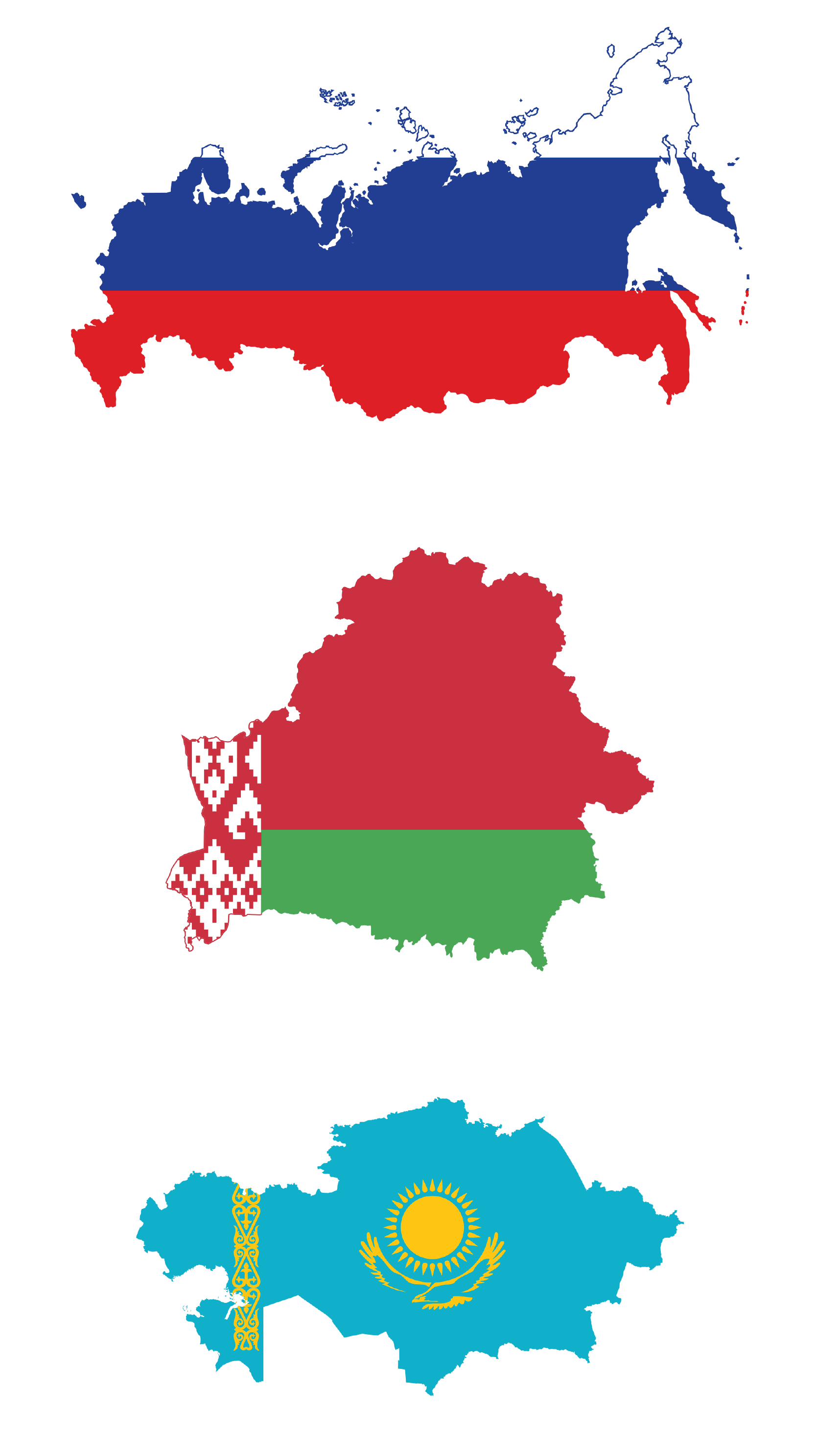
European Commission directives define the “essential requirements”, e.g., protection of health and safety that goods must meet when they are placed on the market.
Regulations
The CE marking process:
- Identify the applicable directive(s) and harmonised standards applicable to the product
- Identify the applicable product specific requirements of the directive(s)
- Identify an appropriate route to conformity and whether independent conformity assessment is required from a Notified body
- Assess the product’s conformity
- Compile the required technical documentation
- Make an EC Declaration of Conformity and affix the CE mark
Conformity Mark
- CE
SIQ Services
SIQ performs conformity assessment according to the requirements of various European directives and carries out the tasks of Notified Body with identification number 1304. SIQ also issues Attestation of Conformity for CE marking.
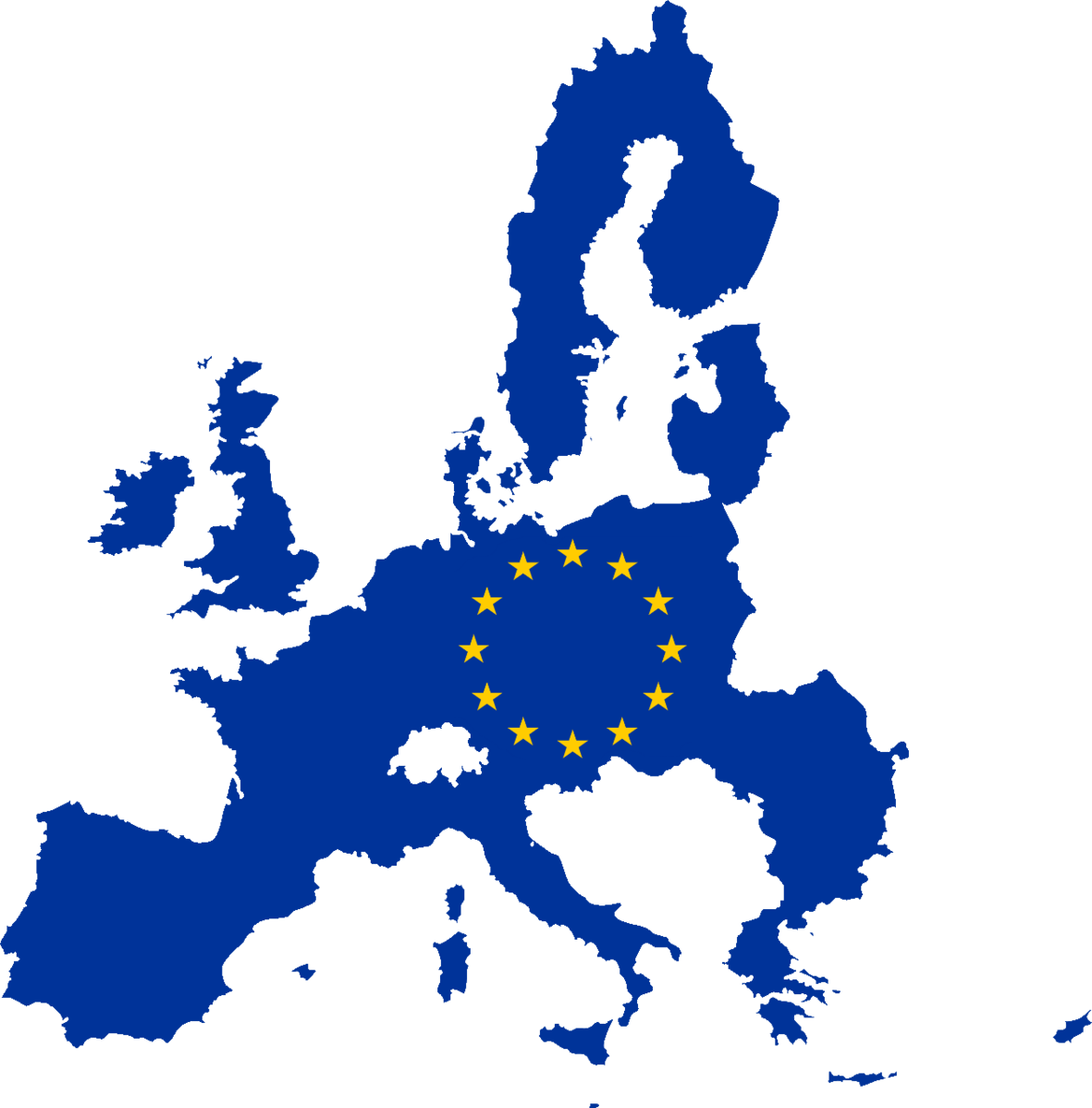
Technical information
- Voltage and frequency: 230 V, 50 Hz
- Plug: C (Class II), D (Class I), M (Class I), IS 1293
Bureau of Indian Standards (BIS), empowered through a legislative Act of the Indian Parliament, known as the Bureau of Indian Standards Act, 1986, operates the product certification scheme in India. BIS is a National Certification Body under the IECEE-CB Scheme primarily in the electrical components sector.
Regulations
The BIS product certification scheme for use of ISI mark is essentially voluntary in nature, and is largely based on ISO/IEC Guide 28, which provides general rules for third party certification system of determining conformity with product standards through initial testing and assessment of a factory quality management system and its acceptance, followed by surveillance.
In addition DeitY has also issued requirements for compulsory registration of electronics and information technology goods. Currently there are 15 types of electronic products (laptops, printers, scanners, set top boxes, data processing machines, plasma/LED TV/LCD, music systems, microwave ovens, etc.) included in the mandatory registration scheme. The scheme requires safety testing at a BIS accredited testing laboratory and mandatory product registration at BIS.
The products, which are not subject under mandatory registration scheme, can voluntary obtain STQC S mark Approval. This is a third party certification scheme in the electronics sector promoted by the STQC Certification Service. The scheme is intended to provide adequate levels of confidence regarding safety of products by means of factory inspection, product testing (as per appropriate IEC safety standard) and subsequent surveillance of the manufacturer.
Type of Approvals and Markings
- BIS Certification for ISI mark
- Self-Declaration Confirming to IS relevant Indian standard
- Registration number needs to be put on the product/packaging.
- STQC S Mark Approval
SIQ Services
SIQ cooperates with STQC and also other BIS accredited laboratories in order to help customers obtain the required approvals for India.
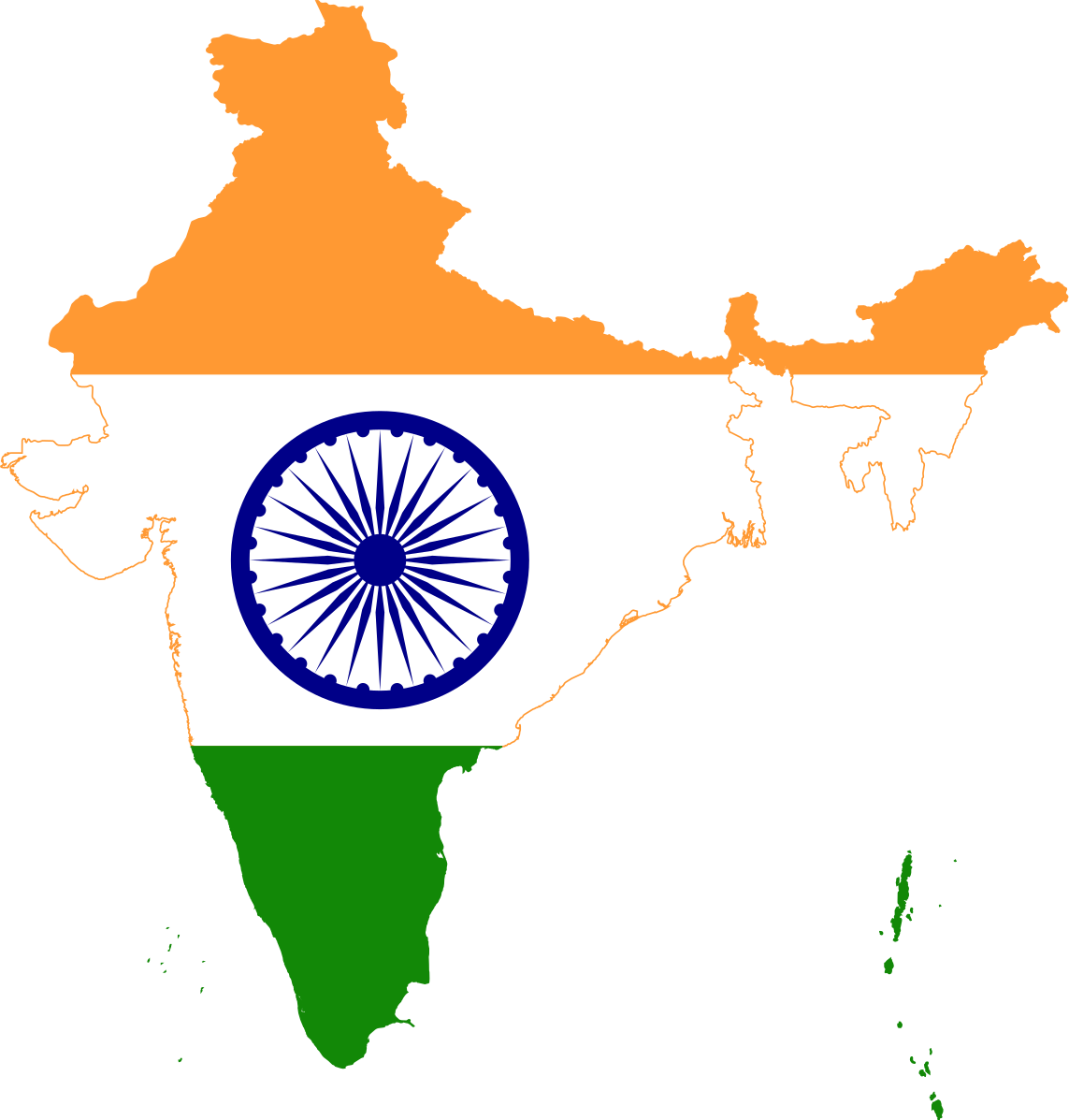
Technical information
- Voltage and frequency: 100 V, 50 Hz 60 Hz
- Plug: A (Class II), B (Class I), JIS 8303
The purpose of the Electrical Appliance and Material Safety Law (DENAN Law) is to prevent hazards and disturbances resulting from electrical appliances in Japan.
Regulations
All persons engaged in manufacturing or importing electrical appliances in Japan shall notify the Ministry of Economy, Trade and Industry (METI) when starting their business to become a notifying supplier.
Regulated electrical products are specified in two lists of specified electrical appliances and materials for Category A (115 items) and Category B (338 items). Products not shown in Category A and B lists are outside the scope of DENAN law and need to comply with other Japanese regulations.
For imported electrical appliances, it is the importers which have the obligation to secure the conformity of electrical appliances to the mandatory technical requirements, and which have the right to attach the PSE marks including the name of the importer, once their conformity to the mandatory technical requirements is confirmed. Importers resident in Japan are responsible for electrical products.
Type of Approvals and Markings
- PSE Mark Approval Category A
- PSE Mark Approval Category B
SIQ Services
SIQ cooperates with RCAB laboratories (TÜV Rheinland Taiwan, JET and JQA) in order to help customers obtain the required PSE approvals.
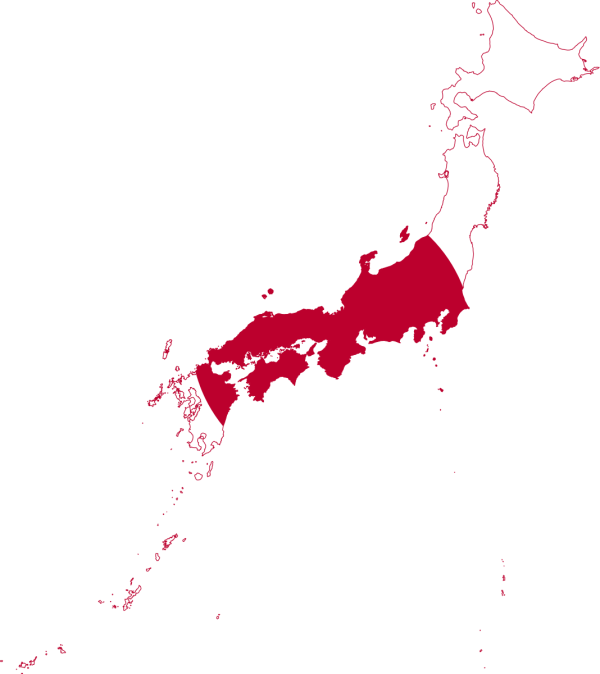
Technical information
- Voltage and frequency: 127 V, 60 Hz
- Plug: A (Class II – NEMA 1-15), B (Class I – NEMA 5-15)
According to Federal Law on Metrology and Standardization (LFMN – Ley Federal sobre Metrología y Normalización), products imported to Mexico need to be in compliance with NOM (Normas Oficiales Mexicanas) technical regulation. NOM certification enforces minimum safety requirements.
Regulations
All electrical products listed in more than 2000 products categories must have evidence of compliance with NOM standards and also need to be in compliance with mandatory energy efficiency requirements (LASE), before they can be imported and put on to the Mexican market. The mandatory NOM certificate of compliance is defined based on the used tariff code applied to the product.
Under the Mexican law, the NOM certificate holder is responsible for warranty, maintenance and product liability. NOM certificates are non-transferable. However, a manufacturer that is a NOM holder may extend usage rights of its NOM certification to Mexican distributors, who may then obtain their own NOM certification without additional testing. It is important to understand that when foreign manufacturers apply for NOM certification, the holder extension to their Mexican representative or distributor/importer is required, before the product can be imported into Mexico.
Type of Approvals and Markings
- NOM Certificate of Compliance (NOM-NYCE, NOM-ANCE)
SIQ Services
SIQ cooperates with certification bodies from Mexico (ANCE and NYCE NOM), who are bodies for controlling and issuing of NOM approvals.
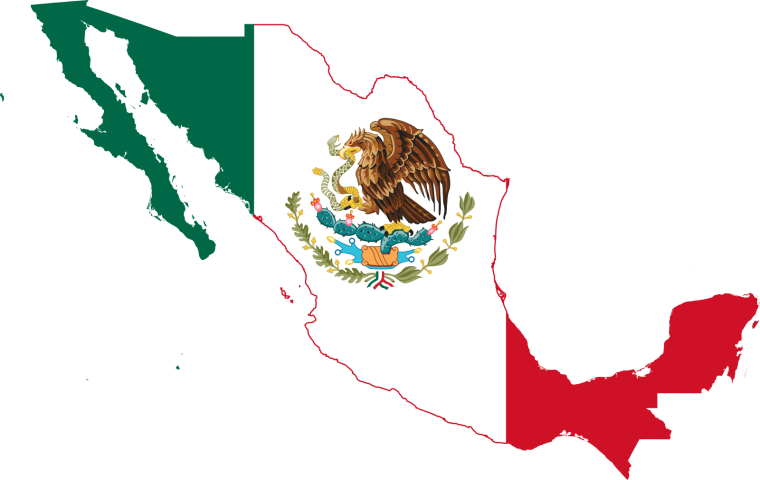
Technical information
- Voltage and frequency: 230 V, 50 Hz
- Plug: C (Class II), G (Class I – SS 145), M (Class I – SS 472)
SPRING Singapore is an agency under the Ministry of Trade and Industry responsible for helping Singapore enterprises grow and building trust in Singapore products and services.
SPRING also designates third-party Conformity Assessment Bodies (CABs) and recognised Testing laboratories under the CPS Scheme.
Regulations
List of controlled goods and their applicable standards is published on the SPRING website. Most household appliances, audio/video or information technology are subject to mandatory registration and safety approval. Registration of controlled goods under the Consumer Protection (Safety Requirements) Regulations 2002 needs to be done based on Certificate of Conformity (CoC) issued by designated third party Conformity Assessment Bodies (CABs). It is important that the registered supplier and the license holder are companies located in Singapore.
Type of Approvals and Markings
- Safety Certificate of Compliance
SIQ Services
SIQ cooperates with TÜV SÜD PSB from Singapore, which is a Conformity Assessment Body (CAB) responsible for issuing the necessary certificates of conformity (CoC) for controlled goods.

Technical information
- Voltage and frequency: 230 V, 50 Hz
- Plug: C (Class II), D (Class I), M (Class I), N (Class I)
NRCS is now taking the responsibility for compulsory safety compliance of the electrical products, which intend to be put on the South African market and SABS is responsible for the South African national standards, product and management system certification and trainings. SABS also issues EMC certificates of compliance, when required.
Regulations
A Letter of Authority (LOA) mandatory safety process by NRCS is required for most electric and electronic appliances, which fall in the scope of the compulsory specification list. The list is published on the NRCS website. Most likely, the products which fall in the scope of IEC 60335, IEC 60950 and IEC 60065 are subject to mandatory approval. It is important to note that non South African companies must apply through a South African agent.
Type of Approvals and Markings
- Mandatory certification in South Africa is the so-called Letter of Authority – LOA and no special marking is required.
SIQ Services
SIQ cooperates with NRCS in order to help customers obtain the required approvals for South Africa.
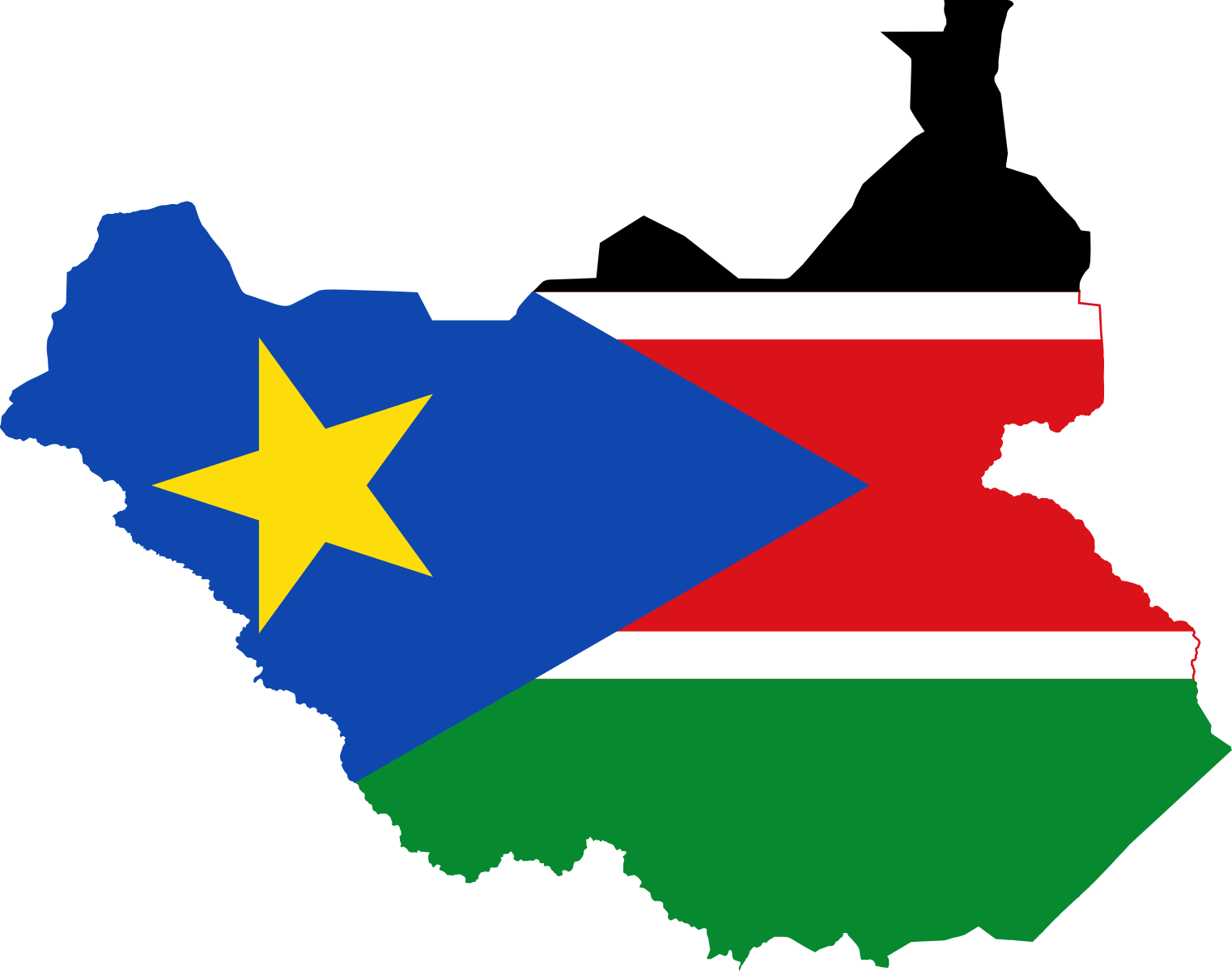
Technical information
- Voltage and frequency: 220 V, 60 Hz
- Plug: C (Class II), F (Class I), KSC83054
The Ministry of Knowledge Economy (MKE) regulated electrical safety in accordance with the Electrical Appliances Safety Control Act and Korea Communications Commission (KCC) regulates the electromagnetic compatibility in accordance with the Radio Wave Act.
Regulations
Mandatory certification is required for most electric and electronic appliances. KATS (Korean Agency for Technology Standard) revised the Framework Act on National Standards and its Enforcement Decree and introduced its own single Korea Certification mark (“KC mark”), which integrates and unifies all 13 existing legally compulsory certification marks.
Concerning Electromagnetic Compatibility: it should be tested by KC designated testing laboratories and be registered with the National Radio Research Agency (Website registration is available).
Scope of products covered by the above regulation include information technology equipment, audio and video equipment, household and similar use appliances, lighting products, electric tools, laboratory, test and measurement equipment, low-voltage electrical equipment, electrical wires and cables, switches for circuits, installation protective and connection devices, telecommunication terminal equipment.
Type of Approvals and Markings
- Korean KC Certificate
SIQ Services
SIQ has signed an agreement with the KTL certification body from Korea. The mutual agreement simplifies the certification processes, which allows applicants to obtain the required approvals for the Korean market faster.

Technical information
- Voltage and frequency: 110 V, 60 Hz
- Plug: A (Class II), B (Class I)
The Taiwan Commodity Inspection Schemes are administered by BSMI as the Competent Authority by Ministry of Economic Affairs (MOEA) under the Commodity Inspection Act.
Regulations
Local suppliers are required to register each model of regulated commodities with the competent authority. Registration of regulated commodities under the commodity inspection act and the related regulations is based on a type-test report issued by designated / recognised testing laboratories (local or foreign).
The local suppliers shall submit the reports and the specified documents to a designated commodity certification body for certification which issues Certificates of registration of product certification. The local suppliers can then submit the certificates to the competent authority to register the certified regulated commodities in the database.
Type of Approvals and Markings
- BSMI Certificate of registration
SIQ Services
SIQ is BSMI registered NCB / CBTL for IT standards for electrical safety. SIQ cooperates with BSMI accredited laboratories from Taiwan in order to support customers to obtain the required approvals.
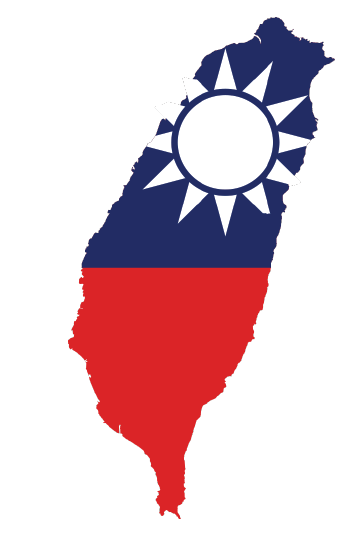
Technical information
- Voltage and frequency: 220 V, 50 Hz
- Plug: A (Class II), B (Class I), C (Class II), F (Class I), TIS66
Thai Industrial Standard Institute (TISI) is the national standard body of Thailand, established under the Ministry of Industry.
Regulations
A list of compulsory TISI standards and scope of products, which fall under mandatory standards, is published on TISI webpage. If a foreign manufacturer applies for the TISI certification, information about a local representative is needed.
Type of Approvals and Markings
- Mandatory TISI certification mark
- Voluntary TISI certification mark
SIQ Services
SIQ cooperates with TLAS accredited laboratories from Thailand and supports clients at obtaining the required approvals.
